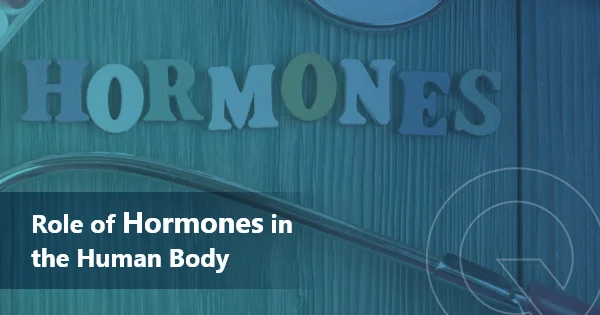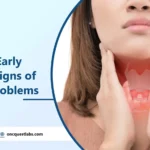Hormones are often referred to as the body’s messengers. These chemical substances play a vital role in regulating various physiological processes, ensuring our bodies function optimally. From growth and metabolism to mood and reproduction, hormones orchestrate a symphony of activities that keep us healthy and in balance. In this blog, we’ll dive into the fascinating world of hormones and explore their crucial roles in the human body.
Contents
The Endocrine System: The Control Center
Before delving into the specific roles of hormones, let’s understand the endocrine system. This system consists of various glands, including the pituitary, thyroid, adrenal, and pancreas, which release hormones directly into the bloodstream. These hormones travel throughout the body, targeting specific tissues and organs to control their functions.
Hormones and Their Functions
1. Growth Hormone (GH): GH, produced by the pituitary gland, stimulates growth and development during childhood. It also plays a role in maintaining tissue and organ health in adults.
2. Thyroid Hormones: Thyroid hormones, including thyroxine (T4) and triiodothyronine (T3), regulate metabolism, energy production, and body temperature. The thyroid gland controls their secretion.
3. Insulin: Produced by the pancreas, insulin regulates blood glucose levels. It allows cells to take in glucose for energy, helping to keep blood sugar within a healthy range.
4. Cortisol: The adrenal glands release cortisol in response to stress. It affects metabolism, immune function, and the body’s response to inflammation.
5. Adrenaline: Also from the adrenal glands, adrenaline (epinephrine) triggers the body’s “fight or flight” response, increasing heart rate and energy production when needed.
6. Estrogen and Progesterone: These sex hormones, produced by the ovaries, regulate the menstrual cycle, maintain pregnancy, and influence secondary sexual characteristics.
7. Testosterone: Produced by the testes in males and in smaller amounts by the ovaries in females, testosterone influences male and female sexual characteristics, bone density, and muscle mass.
8. Melatonin: The pineal gland releases melatonin, which helps regulate the sleep-wake cycle and is influenced by light and darkness.
9. Oxytocin: Known as the “love hormone,” oxytocin is produced by the hypothalamus and released by the pituitary gland. It plays a role in social bonding, childbirth, and breastfeeding.
10. Leptin and Ghrelin: These hormones, produced by fat cells and the stomach, respectively, control appetite and body weight.
Maintaining Hormonal Balance
Hormones work best when they are in balance. An excess or deficiency of certain hormones can lead to various health issues. Hormonal imbalances can result from factors like genetics, stress, diet, and aging. Conditions such as diabetes, thyroid disorders, and polycystic ovary syndrome are examples of hormonal disorders that can impact health and quality of life.
Conclusion
Hormones are the silent conductors of the symphony that is the human body. Their intricate dance ensures our growth, metabolism, mood, and overall well-being. Understanding the roles of hormones and their effects on our health can empower us to make informed choices to maintain hormonal balance and lead healthier lives. So, the next time you marvel at the wonders of the human body, remember the incredible work done behind the scenes by these remarkable messengers – hormones.
Frequently asked Questions
Q1:What are the 5 main functions of hormones?
A1:The endocrine system’s glands produce and release hormones that regulate a wide range of bodily processes, including metabolism, growth, emotions, mood, sexual function, and sleep, effectively coordinating various functions in your body.
Q2:What are primary hormones?
A2:Steroids, a category of hormones, are primarily lipid-based. These hormones, including testosterone and estrogens responsible for reproduction and originating from the testes and ovaries, are derived from cholesterol.





